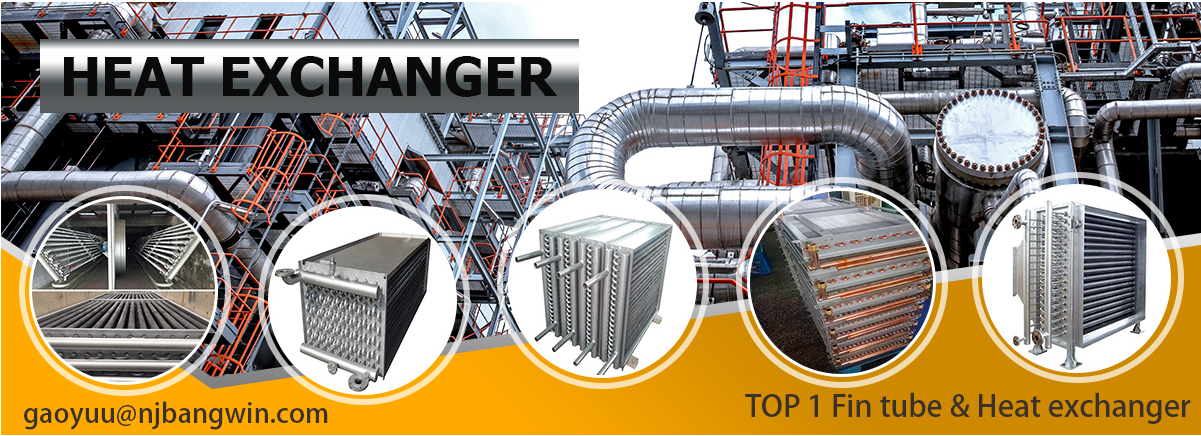
Table of Contents
1. Introduction
2. What is a Shell and Tube Heat Exchanger?
3. Product Description
4. Key Features
5. Technical Details
6. Advantages
7. Applications
8. FAQs
1. Introduction
A shell and tube heat exchanger is one of the most common heat exchanger types that can provide reliable heat transfer in industrial processes such as power plants, chemical processing, and HVAC.
2. What is a Shell and Tube Heat Exchanger?
A shell and tube heat exchanger is a type of heat exchanger that has a shell with a bundle of tubes inside. The tube bundle divides the heat exchanger into two fluids. One fluid runs through the tubes, while the other fluid flows outside the tubes, but inside the shell.
3. Product Description
l Shell material: carbon steel, stainless steel, or alloy steel
l Tube material: copper, stainless steel, titanium, or other
l Tube configuration: U-tube or straight tube
l Design standard: ASME, TEMA or custom
4. Key Features
l High pressure and temperature resistance
l Flexibility for different flow patterns and configurations
l Removable tube bundle for easy cleaning and maintenance
l Available in many materials and alloys for corrosive fluids
5. Technical Details
l Diameter: 4″ – 120″ (custom size available)
l Operating pressure: up to 100 bar
l Temperature range: -50 °C ~ 450 °C
l Heat transfer area: from 1 m² to more than 1000 m²
6. Advantages
l Capable of handling large temperature and pressure differences
l Long lifespan if designed with suitable materials
l Suitable for high-viscosity or fouling fluids
l Scalable for small to very large heat exchangers
7. Applications
l Power plants (steam condensers)
l Chemical and petrochemical industry
l Oil and gas refineries and processing
l HVAC chillers and heaters
l Marine and shipboard equipment
8. FAQs
Q1: How is a shell and tube heat exchanger cleaned?
A: The tube bundle can be removed for mechanical or chemical cleaning, depending on the type of fouling.
Q2: Can a shell and tube heat exchanger be used for both heating and cooling?
A: Yes, a shell and tube heat exchanger can be used for both heating and cooling purposes.
